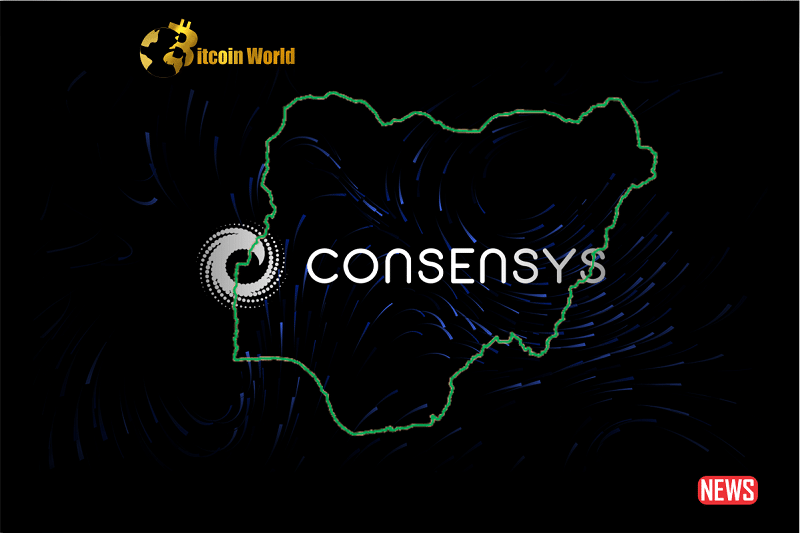Cryptocurrencies have undeniably become a prominent part of the global conversation, with investors trading crypto and businesses accepting it as payment. A recent survey by ConsenSys and YouGov reveals that an impressive 92% of people worldwide know cryptocurrencies like Bitcoin. However, while awareness is high, understanding and adopting concepts like Web3 still need improvement. This article explores the survey findings, highlighting the variations in crypto awareness across different regions and the potential for increased adoption through the practical utilization of web3 technologies.
Global Crypto Awareness:
According to the ConsenSys survey, 92% of respondents across 15 nations had heard of cryptocurrencies. The survey included over 15,158 individuals with an average age of 18. This widespread awareness showcases the growing prominence of cryptocurrencies in today’s society.
Knowledge Gap and Web3 Understanding:
Despite the high awareness, the survey revealed that only 8% of respondents felt confident in their understanding of the general concept of Web3. While cryptocurrencies are known, the decentralized internet of the future remains relatively unfamiliar to most. Only 24% of respondents were aware of Web3, with a mere 8% claiming to be “very familiar” with the concept.
Regional Disparities in Crypto Awareness:
Surprisingly, developing regions showed more robust recognition and interest in cryptocurrencies compared to some developed nations. Nigeria, South Africa, and Brazil emerged as leaders in crypto awareness, with 99% of Nigerian respondents demonstrating awareness and a significant percentage accurately defining blockchain. In contrast, European nations and Asian countries like Japan and South Korea exhibited higher levels of mistrust and lower understanding of cryptocurrency.
Cryptocurrency as a Solution for Developing Nations:
Cryptocurrencies like Bitcoin and Ethereum have proven beneficial in addressing developing nations’ financial challenges. Unstable currencies and a lack of financial infrastructure have led to high inflation rates and limited money movement capabilities. Respondents in countries like Argentina, which experienced significant currency devaluation, showed a higher inclination toward owning cryptocurrencies as a store of value.
The Path to Increased Crypto Literacy:
While crypto and blockchain have gained mainstream awareness, there is still much to learn about web3. Familiarity with concepts such as the Metaverse and NFTs ranged from 34% to 36% among respondents. However, practical understanding and utilization of web3 technologies are expected to drive broader understanding and adoption in the future.
The ConsenSys survey highlights the impressive global awareness of cryptocurrencies, with 92% of respondents indicating familiarity. However, the understanding and adoption of concepts like Web3 lag. Developing regions display strong recognition and interest in cryptocurrencies, while developed nations exhibit higher levels of mistrust. As web3 projects gain traction and practical utilization increases, crypto literacy rates are expected to improve. Continued education and real-world applications are essential in bridging the knowledge gap and driving wider adoption of cryptocurrencies and the future decentralized internet.















